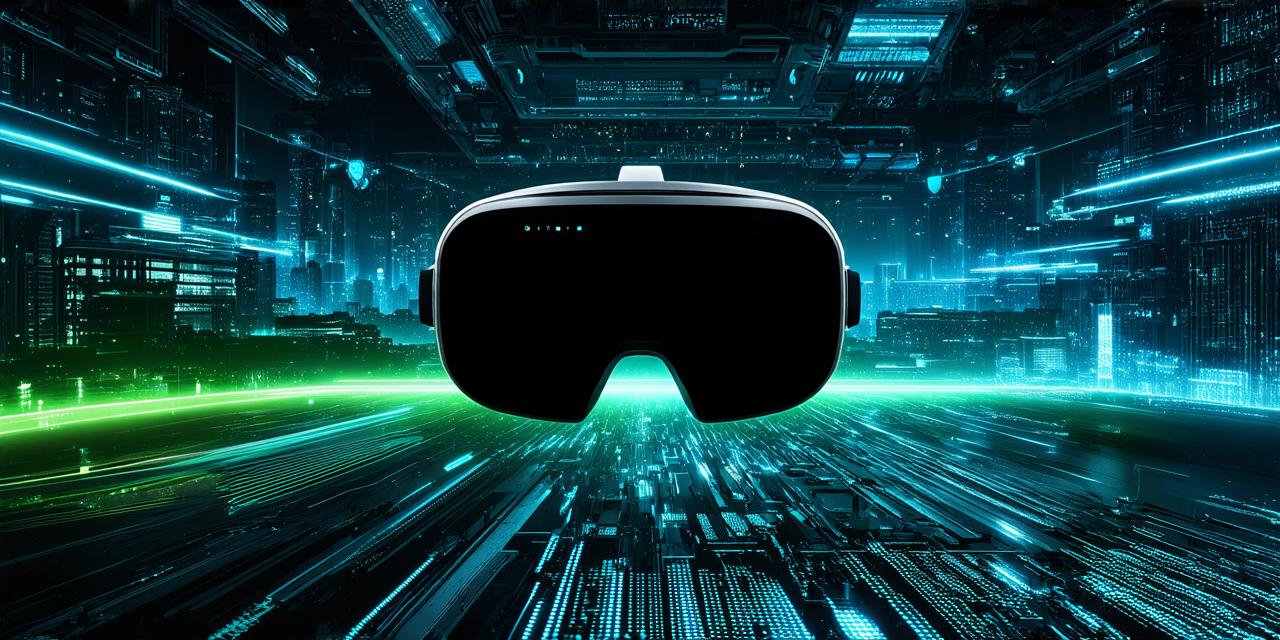
What are the uses and benefits of virtual reality technologies?
As technology continues to evolve, virtual reality (VR) is quickly becoming an increasingly popular and powerful tool in the world of gaming, entertainment, and education. With its immersive experiences and ability to transport users into new and exciting realms, VR has already shown its potential to revolutionize many aspects of our lives.
Virtual Reality: A Brief Overview
Before diving into the world of VR applications, let’s first define what virtual reality is. Simply put, VR refers to a computer-generated simulation that immerses users in a three-dimensional environment that simulates real-world experiences. This technology allows individuals to interact with a virtual world in a way that feels as if they are actually present in the physical environment.
The History of Virtual Reality
Virtual reality technology has been around for several decades, but it wasn’t until the early 21st century that VR started to gain widespread recognition and adoption. Early VR systems were primarily used by researchers and military personnel for training purposes. However, with advances in technology and increased consumer interest, VR has since become a popular tool in various industries, including gaming, education, healthcare, and more.
The Benefits of Virtual Reality Technologies
Virtual reality technologies offer numerous benefits to users, including:
- Immersive Experiences: One of the most significant advantages of VR is its ability to provide immersive experiences that feel as if they are taking place in the real world. This allows individuals to step outside their comfort zones and explore new environments, cultures, and experiences that may not be possible in everyday life.
- Enhanced Learning: Virtual reality technologies have been shown to be an effective tool for enhancing learning and knowledge acquisition. By providing a safe and controlled environment for individuals to practice skills and learn about different subjects, VR can help accelerate the learning process and improve retention rates.
- Improved Training and Simulation: In industries such as healthcare, military, and aviation, virtual reality simulations have become essential tools for training professionals in various skills and scenarios. These simulations allow individuals to practice and perfect their skills in a controlled environment before applying them in the real world.
- Reduced Costs: Virtual reality technologies can be cost-effective compared to traditional methods of training, such as travel or equipment purchases. By using VR simulations, organizations can save money on travel expenses, equipment rental, and other related costs.
- Increased Engagement: Virtual reality experiences are highly engaging and can capture the attention of users for extended periods. This increased engagement can lead to better retention rates and a more enjoyable learning experience.

Case Studies in Virtual Reality Applications
Virtual reality technologies have already made significant contributions to various industries, including gaming, education, healthcare, and more. Here are some case studies that showcase the potential of VR:
- Gaming Industry: In recent years, virtual reality games have become increasingly popular among gamers worldwide. Games like “Beat Saber,” “Job Simulator,” and “Pavlov’s Dogs” provide immersive experiences that challenge users to engage with their environment in new and exciting ways. These games have also shown the potential for VR to be a tool for teaching music theory, hand-eye coordination, and problem-solving skills.
- Education Industry: Virtual reality technologies are revolutionizing the way students learn by providing immersive experiences that allow them to explore different subjects in a safe and controlled environment. For example, “Anatomomy VR” allows medical students to visualize and interact with human anatomy in a virtual world. Similarly, “Google Expeditions” offers virtual field trips to various locations around the world, providing students with experiences they may not otherwise have access to.
- Healthcare Industry: Virtual reality technologies are being used in healthcare to provide simulations for training medical professionals, as well as for therapeutic purposes. For example, “Alchemy VR” offers a virtual reality treatment program for individuals with PTSD or anxiety disorders, providing them with a controlled environment to confront and overcome their fears.


